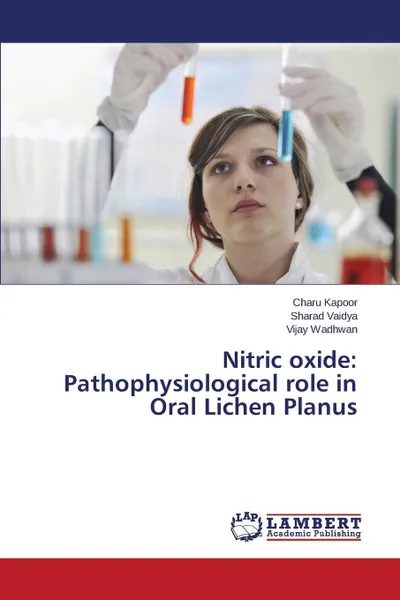Nitric oxide. Pathophysiological role in Oral Lichen Planus 12+
128 страниц
Категория: Литература на иностранных языках
ISBN: 9783659583360
Язык: Английский
📒 A prospective study was carried out to assess the role of salivary NO levels in etiopathogenesis of OLP, and to further correlate the levels of salivary NO levels with mast cell (MC) count. The study also evaluated the role of psychological factors in etiopathogenesis of OLP using DAS (Depression anxiety and stress) Scale. The sections were stained with toludine blue. The number and types of mast cells were assessed, and then correlated with the increased salivary NO level further reviewing the role of mast cells in the etiopathogenesis of OLP.The following conclusions can be proposed: Free radicalincluding NO represents one route of pathogenesis and that excess of salivary NO have a pathophysiological implication in OLP. The NO (iNOS) can activate the inflammatory cytokine which NO has damaging effects against cellular proteins, DNA and lipids eventually leading to cell death, tissue injury and organ failure.MCs which are not considered as a major component of the cellular infiltrate in OLP has got a definite role in the pathogenesis of oral lichen planus.•We emphasize the necessity for additional therapeutic intervention in patients who have stress-induced oral diseases.
Мнения
